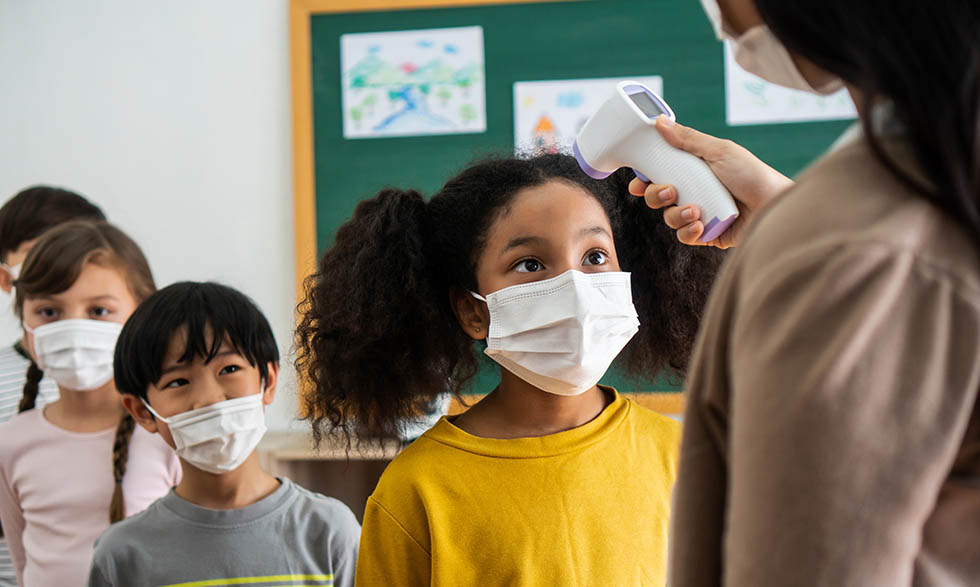COVID-19 has likely had some mental health impact on most of us, especially children and adolescents. The National Institutes of Health (NIH) is now funding research to understand exactly what that impact is.
The long-term Adolescent Brain Cognitive Development (ABCD) Study, led by NIH, is one such effort. In 2015, researchers at sites in 21 states began studying 10,000 9- and 10-year-olds. Their goal was to find out how video games, sleep patterns, education, and more affected their brain development. The study will follow these participants until they are 18 years old.
Researchers are now including a COVID-19 exposure questionnaire as part of the study. The responses will help show how factors like economic or regional differences contributed to the impact of the pandemic on children, says Joshua Gordon, M.D., Ph.D., director of National Institute of Mental Health.
Academic experiences can also impact children's mental health, especially during COVID-19, Dr. Gordon says. He notes that economic differences can play a part in that too. For example, students who have more access to technology or academic support at home could have better outcomes.
"For children, there are a lot of unknowns here," Dr. Gordon says. "The ABCD Study's goal is to explore those unknowns."







